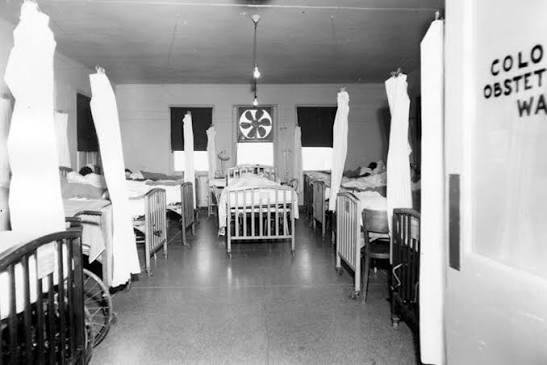🕰️ When Social Security Stood for More Than Security

🕰️ When Social Security Stood for More Than Security
How Policy Helped Heal a Nation
Every February, we pause to honor Black History Month — not just to look back, but to look closer. Beneath the familiar milestones are stories that remind us how deeply policy and progress are intertwined.
In the 1960s, the Social Security Administration quietly took part in one of the most profound acts of economic justice in American history: helping desegregate hospitals. By enforcing the newly passed Medicare law, the agency made a simple but radical demand — any hospital that wanted federal funds had to treat patients equally. No separate wings, no coded admissions, no exceptions.
It wasn’t a protest sign or a speech that opened those doors. It was the power of a financial condition — the federal dollar used as a tool for equality. That moment showed something essential about the role of policy: when guided by fairness, it can do more than sustain lives. It can change them.
🎯
Educate
The story begins with President Harry Truman, who in 1945 called for a national health program that would ensure medical care “for all, regardless of residence, station, or race.” But it wasn’t until 1965, under President Lyndon Johnson, that Medicare became law — and it fell to the Social Security Administration (SSA) to implement it.
When Medicare took effect in July 1966, many hospitals across the South were still segregated. The SSA stepped in with a clear message: to receive Medicare funding, hospitals had to desegregate immediately. Inspectors from the agency visited thousands of facilities to verify compliance. In a matter of months, over 1,000 hospitals integrated, ending a century of racially divided care.
It was one of the fastest and most sweeping social transformations in U.S. history — and it happened through administrative action, not legislation.
💪
Empower
There’s a lesson here that still resonates today: money is moral when used for equity.
We often think of financial systems as neutral, but they rarely are. Who gets access, who gets opportunity, who gets left behind — those outcomes are shaped by the same levers that once desegregated hospitals: rules, funding, and accountability.
When the Social Security Administration tied federal dollars to fairness, it redefined what “security” meant. It wasn’t just about income in old age — it was about the kind of nation we wanted to be.
The same is true now. Whether we’re talking about fair lending, healthcare equity, or access to retirement savings, the principles haven’t changed: money has power, and how we direct it reveals what — and who — we truly value.
🌟
Enlighten
Social Security’s role in desegregation isn’t widely remembered, but it deserves to be. It’s proof that systems can evolve and institutions can stand for something greater than their original purpose.
In the end, this story isn’t just about hospitals or history — it’s about us. It reminds us that fairness doesn’t arrive by accident. It takes awareness, courage, and sometimes the quiet conviction of people inside the system who choose to do what’s right.
That’s the kind of security that truly matters — not just financial, but human.








